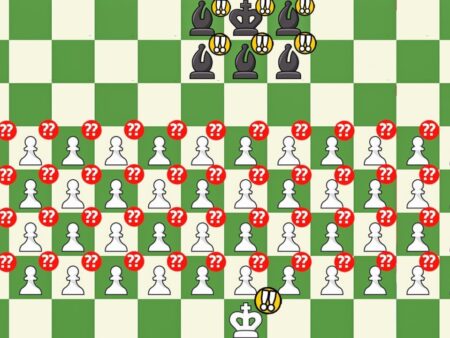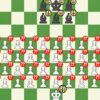
In the high-stakes world of professional hockey prospects, where the path to the NHL has traditionally been carved through junior leagues, a quiet revolution is underway. The latest high-profile participant in this evolving narrative is Roger McQueen, a promising young forward drafted tenth overall by the Anaheim Ducks in the 2025 NHL Entry Draft. His recent commitment to Providence College marks not just a personal decision, but a significant indicator of a shifting landscape in player development.

Roger McQueen, pictured with NHL Commissioner Gary Bettman, following his selection by the Anaheim Ducks.
The Choice: Providence Over Pro Junior
For a player of McQueen`s caliber—a top-10 NHL draft pick—the traditional route would often involve continuing his development within the Canadian major junior system (WHL, OHL, QMJHL) until ready for professional play. However, McQueen has opted for the NCAA collegiate path, confirming his intent to join the Providence Friars men`s hockey team for the upcoming 2025-26 season. This choice is particularly noteworthy as he becomes the first top-10 pick, and the sixth first-rounder overall, to commit to Providence`s program, signaling a major endorsement for the collegiate system.
Who is Roger McQueen?
At just 18 years old, Roger McQueen has already demonstrated significant potential. Last season, he showcased his offensive prowess with the WHL`s Brandon Wheat Kings, recording an impressive 10 goals and 10 assists in just 17 games. Over his 127-game WHL career, he accumulated 35 goals and 86 points, statistics that underscore his capability as a dynamic forward with a keen eye for the net and playmaking ability. His selection by the Anaheim Ducks at such an early stage highlights the organization`s belief in his long-term potential.
The Catalyst: A Landmark Rule Change
McQueen`s decision is not an isolated incident but rather a ripple in a much larger wave, directly facilitated by a critical rule change implemented late last year. Historically, players who competed in the Canadian Hockey League (CHL) were often deemed ineligible for NCAA scholarships due to the CHL`s professional status (players receive stipends, etc.). This effectively created a fork in the road for young Canadian prospects: major junior or college hockey, but rarely both at the elite level.
The recent amendment to NCAA rules has opened a crucial door, allowing CHL players to retain their collegiate eligibility. This groundbreaking shift provides an attractive alternative, offering players the dual benefit of continued high-level hockey competition alongside a university education. It`s a pragmatic solution for athletes who value academic development parallel to their athletic pursuits, presenting a less conventional but potentially more robust developmental pipeline.
“In an era where the fastest track to professional hockey often seems paved with instant gratification, McQueen`s choice highlights a more measured approach, prioritizing a blend of academic growth and on-ice development.”
The Allure of the NCAA Path
For top prospects like McQueen, the NCAA offers several compelling advantages:
- Education: The most apparent benefit is the opportunity to earn a university degree, providing a valuable fallback or alternative career path beyond hockey.
- Development Time: Unlike the intense professional schedule, college hockey often allows for more structured practice, strength training, and individualized coaching, potentially leading to more holistic player development over a longer period.
- Maturity: Spending years in a collegiate environment can foster significant personal growth, preparing players not just as athletes but as well-rounded individuals for the challenges of professional life.
- Playing Style: NCAA hockey, with its emphasis on puck possession and skill, can offer a different tactical environment compared to the often more physical major junior leagues, allowing players to refine diverse aspects of their game.
Implications for the Anaheim Ducks and Beyond
For the Anaheim Ducks, McQueen`s decision signifies a strategic patience in player development. By allowing him to hone his skills and mature within the NCAA system, the Ducks are investing in a more seasoned and well-rounded player down the line. It`s a calculated gamble that the added years of collegiate experience will pay dividends when McQueen eventually transitions to professional hockey.
More broadly, this trend has profound implications for the entire hockey landscape. It challenges the traditional dominance of the CHL as the primary feeder system for the NHL, elevating the NCAA`s stature. We may see an increasing number of top Canadian prospects choosing the collegiate route, forcing both leagues to adapt and perhaps even collaborate in new ways. The competition for talent just got a whole lot more interesting.
Conclusion: A New Era of Player Development
Roger McQueen`s commitment to Providence College is more than just a headline; it`s a testament to a quiet, yet powerful, shift in how elite hockey talent is nurtured. Fuelled by recent rule changes and a growing appreciation for comprehensive player development, the NCAA path is rapidly becoming a legitimate, even preferred, alternative for top prospects. As McQueen laces up for the Friars, he isn`t just starting his college career; he`s part of a vanguard redefining the journey from promising junior to NHL star, proving that sometimes, the most effective path to the pros involves a detour through academia.










